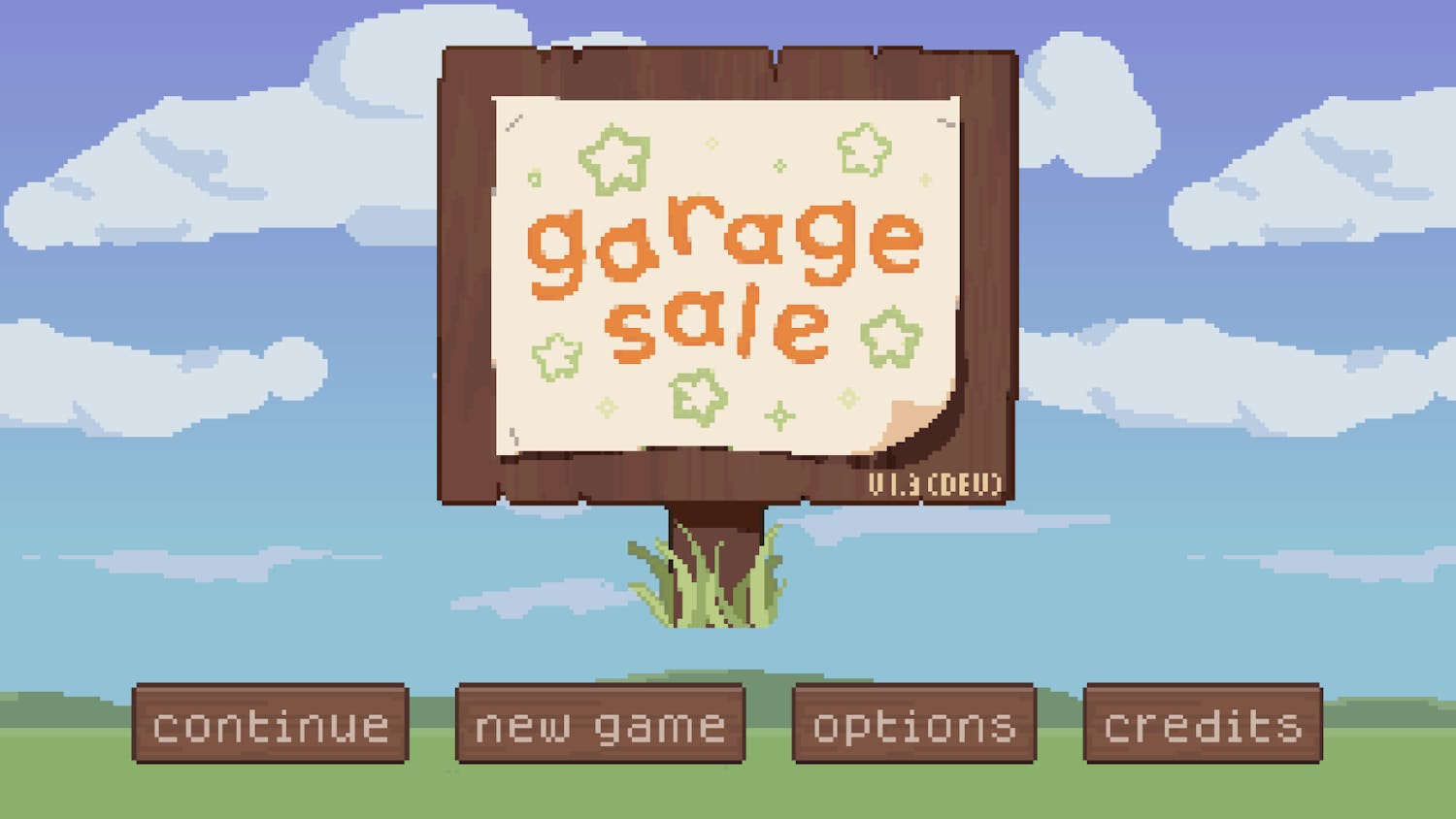Deadly Premonition,” a game inspired by “Twin Peaks,” remains one of the gaming world’s most underplayed entries. Released in the U.S. in 2010 as a budget title with mediocre box art, its often hideous graphics, and its mixed reviews running the gamut from “pretty close to perfect” to “awful in nearly every way,” the mystery-as-life-sim title has almost been washed from gaming’s history.
I, however, happen to know several of its most adamant fans—and not because I’ve searched for them. A strong undercurrent of devotion surrounds “Deadly Premonition” and an appreciation stands for its surreal, socially awkward, tragic protagonist FBI Special Agent Francis York Morgan. None of these traits are liable to be called his “primary state” at the start of the game. These are visions of the York we will come to know, a foreshadowing of his arc. Rather, York at the start of the game is idiosyncratic, confident and probably too smart for his own good.
In the first scene, York loses his cell phone and laptop. His repeated jabs at Greenvale, the game’s setting, as being set back in the “Middle Ages” wash over the player, distancing York from someone who can turn off their console and begin text messaging friends right away. But York is cut off from the outside world in Greenvale. These links to the outside world are lost for good after their inclusion at the beginning of the game—when York reports to the FBI, he must do so by landline, and when he writes summaries of the case thus far, he must write them on a typewriter.
As the player gets to know York, they find that he’s a sort of cultural obsessive. Rather than drive from case to case in silence, he speaks to his invisible friend Zach (whose identity is perhaps the game’s greatest mystery, aside from what exactly is getting cold in “Roaming” Sigourney the Pot Lady’s kettle) about films. But he doesn’t speak about them the way my mother might; rather, he has an encyclopedic knowledge of films, their casts, directors, and years of release, along with histories of filmmaking that he happens to find interesting.
York isn’t just interested in films; he speaks about them, well, the way my cinephile friends and I do—when you have several friends curating films for city film societies and festivals, you dive deep. Realizing this, it’s easy to imagine York isn’t just frustrated that the people in this town don’t understand his “city life” ways. York is probably frustrated that he can’t access his Netflix queue when there’s nothing left to solve each night, preventing him from continuing his deep dive into 80s B-Movie history. He can’t surf IMDB or run a Twitter dedicated to posting perfect shots.
While this may seem like a stretch, “Deadly Premonition” is a game that asks us to consider the daily lives of its characters. Each one has a routine accounting for their location at all times of the day; most of these routines change over the course of the game as the story develops, though certain rituals (such as the Mysterious Capitalist Harry Stewart’s tradition of visiting the A&G Diner for lunch) are only broken when the core storyline calls for deviation. These routines coincide with a deep series of side quests, ranging from attempting to beat a bar owner’s high score in darts to scrounging through a junkyard for parts that will allow “The General” Lysander to upgrade your vehicle.
Beyond York’s pontification about films like “Attack of the Killer Tomatoes,” his favorite music, and his case history, the same Lysander who can upgrade York’s vehicle also sells a series of impounded vehicles from the townsfolk. Each of these vehicles calls out who drove the car before. And rather than feature an in-car radio, each vehicle has its own “theme music,” which is an invitation to wonder about the character of the driver themselves.
Primarily, “Deadly Premonition” is a mystery game. Juggling tones like a Bong Joon-Ho film (“The Host”, released in 2006, or this year’s “Snowpiercer”), it bewilders the player into ignoring simple details. It begs us to go too quickly, ignore some things that we might have missed. It is a game simultaneously about patient meditation and the temptation of expedient distraction.
York is softened by the experience. Forced to stop and taste the coffee, he is given a chance to be more reasonable, to connect directly to people. York begins to consider other people’s desires, thoughts, tastes and needs, despite whether or not they serve him. Throughout “Deadly Premonition,” it’s easy to say that York makes a handful of friends. In a couple of cases, they’re described as “friends that will last a lifetime.” I think we can learn something from that.
Think you’ve figured out what’s in Sigourney’s kettle? Let Alex know at alovendahl@wisc.edu.





